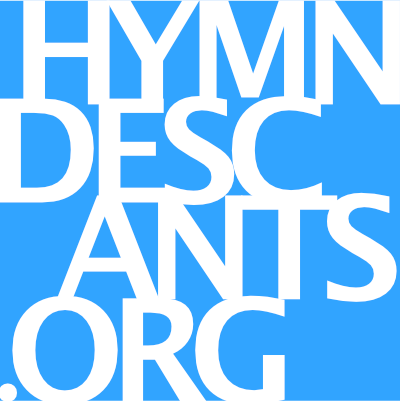This arrangement is unpublished
The text of this tune was a paean written the time of the centennial of the US constitution. At the present moment, it is not clear that the constitution is meaningfully in force, nor that the executive of the country for which the constitution was written is the kind of executive envisioned by the founders.
The hymn by Daniel Crane Roberts is a theologically muddled and sociopolitically naive statement of a spiritual manifest destiny, putatively Christian but not explicitly so, brimming with hope about America on a world stage, not just one pushing to its geographic west. The prosody opens with praise of the creator as manifest in a starry cosmology then exudes an idealistic Americanism on the march, defended by God and, the author supposes, its constitution. Were 'the fathers' of the hymn's opening phrase the framers of the constitution? The author doesn't say.
When better times or a better text come along, it will be republished, along with its instrumental arrangement.

